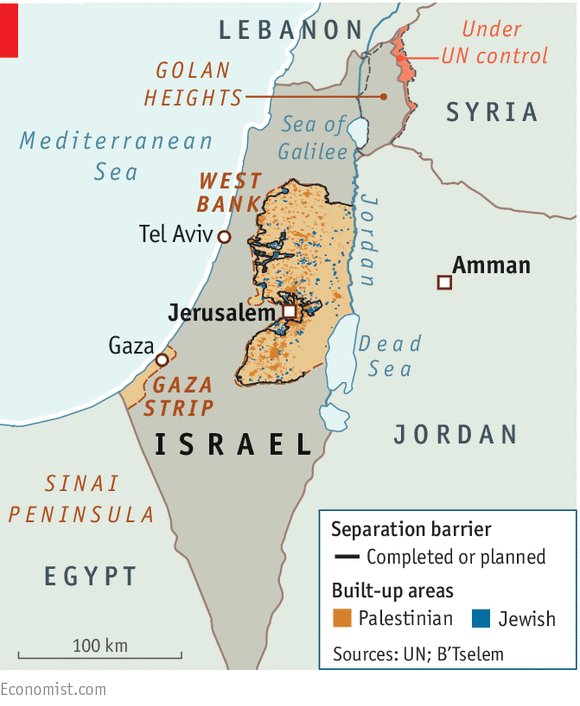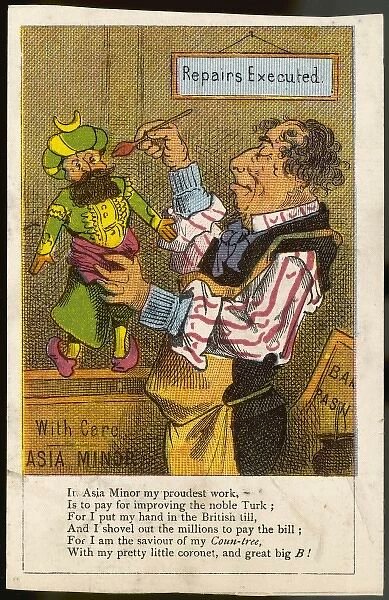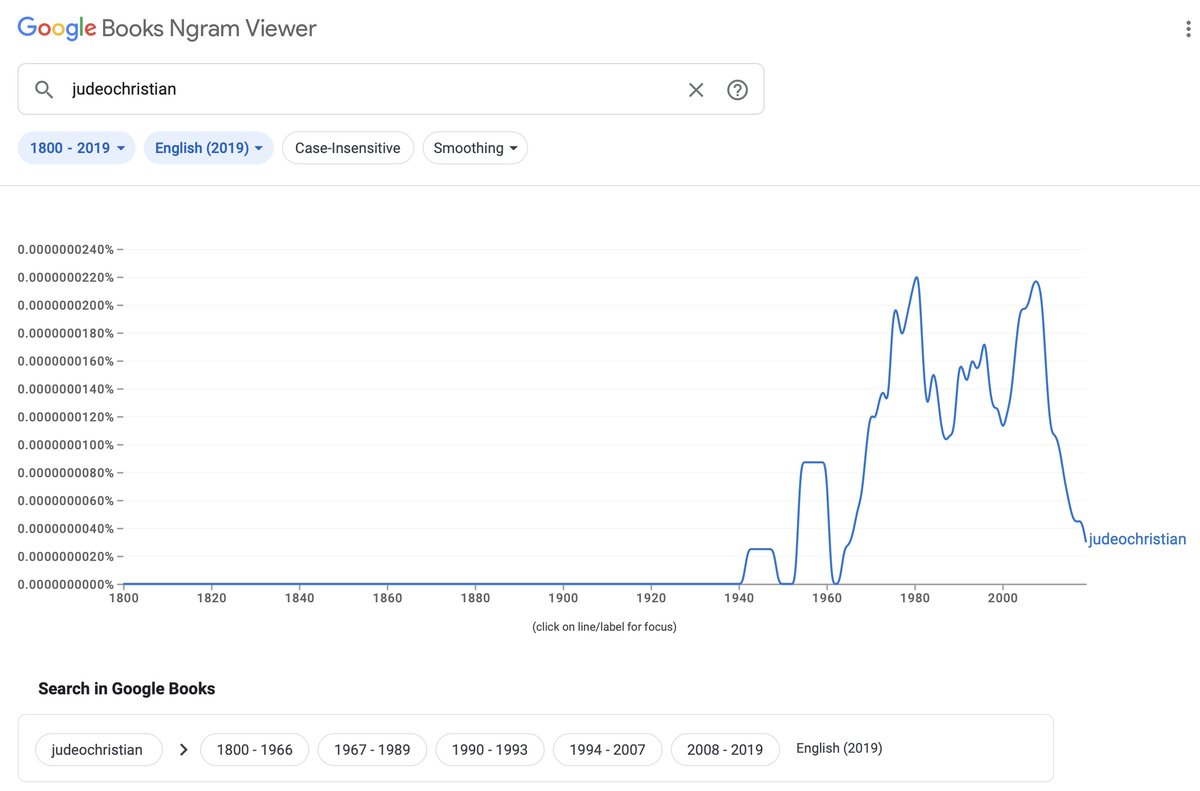75 years since the first partition, the Israeli-Palestinian conflict is not over. Based on the last four weeks , we can only expect it to escalate, resulting in more mutual dehumanisation, more reciprocal violence, more of the previously uninvolved joining it on either side 🧵 

What kind of conflict it is?
Contrary to the popular opinion, this is not a war of religion. Religious or eschatological interpretations too often obfuscate the underlying reason of why it all happens
Territory
This is and has always been a territorial conflict
Contrary to the popular opinion, this is not a war of religion. Religious or eschatological interpretations too often obfuscate the underlying reason of why it all happens
Territory
This is and has always been a territorial conflict

You will not understand dynamics of either the Arab-Jewish or Muslim-Jewish relations without realising the territorial nature of the Israeli-Palestinian conflict
Territorial conflict generates ideological justifications
Land is the base, ideology is the superstructure
Territorial conflict generates ideological justifications
Land is the base, ideology is the superstructure

The past is a foreign country. We do not remember the past. We live in the present, and will deny the past could be any different from how it is now
We underestimate how different is the present from the past
And, therefore, how different will be the future from the present
We underestimate how different is the present from the past
And, therefore, how different will be the future from the present

Consider the following. Critics of a British PM Disraeli used to explain his allegedly pro-Ottoman bias with his Jewish roots. A Hebrew would naturally incline to side with Asiatics & Non-Christians against everyone Christian and Aryan
That was a common wisdom of yesterday



That was a common wisdom of yesterday



Some argued that was because of the current persecutions of Jews in Russia
Others theorised it was because of the past persecutions of Jews in Spain
Most probably, it was realpolitik. But it was widely perceived as a Jew favouring Muslims due to the persecutions by Christians

Others theorised it was because of the past persecutions of Jews in Spain
Most probably, it was realpolitik. But it was widely perceived as a Jew favouring Muslims due to the persecutions by Christians

Today, we speak of Judeo-Christian civilisation that an eternal Jewish-Christian alliance is based upon. Yesterday, Christians found it reasonable that a Jew would pursue a pro-Muslim policy, because of how Jews are treated in Christendom
The past is a foreign country
The past is a foreign country

Speculations about an alleged Judeo-Islamic alignment seem weird to us. That is because they belong to an era before the territorial conflict over Palestine could even start
Cultural artefacts of the pre-conflict era, they look strange in an era defined by this conflict
Cultural artefacts of the pre-conflict era, they look strange in an era defined by this conflict

The territorial conflicts over Palestine is an elephant in the room. Invisible, unnoticeable, it defines the dynamics of either the Arab-Jewish or Muslim-Jewish relations through the last century
It is *the* one singular reason why they worsened so much and keep worsening
It is *the* one singular reason why they worsened so much and keep worsening

Being stuck in a perpetual conflict, we develop beliefs that essentialize both our current enmities and alliances
Oceania was at war with Eurasia: therefore Oceania had always been at war with Eurasia
The past is alterable based on the needs of the present
Oceania was at war with Eurasia: therefore Oceania had always been at war with Eurasia
The past is alterable based on the needs of the present

The past is mutable. The past is alterable. The past can and must be constantly rewritten for the needs of the present
The enemy of the moment always represents the absolute evil, and it follows that any past or future agreement with him is impossible
The enemy of the moment always represents the absolute evil, and it follows that any past or future agreement with him is impossible

Contrary to the popular opinion, the present is not about the past. The past, however, is all about the present
Oceania was at war with Eurasia: therefore Oceania had always been at war with Eurasia
(and, therefore, the war will continue in perpetuity)
Oceania was at war with Eurasia: therefore Oceania had always been at war with Eurasia
(and, therefore, the war will continue in perpetuity)
Now the thing with perpetuous conflicts is that they almost always turn out costlier than we expect. The price of this conflict for the Muslim world will be enormous, both in terms of missed opportunities and in terms of the poor decision making, driven by anger & resentment
The US may not miss many economic opportunities. They will however, be dragged into the never-ending cycles of violence in the Middle East. Should the US face another major war not of choice, the price of a domestic politics optimised foreign policy may appear excessively high
Now for Israel, its tactical victories may be obfuscating the reality which is:
It will have to find a formula of coexistence with its neighbours
Winning an existential battle at one's foundation is a victory. Fighting existential battles 3/4 a century after is a failure
It will have to find a formula of coexistence with its neighbours
Winning an existential battle at one's foundation is a victory. Fighting existential battles 3/4 a century after is a failure
The formula of coexistence must necessarily include a vision of the future (and, therefore, an interpretation of the past) that both sides accept
In the long run, there is no way around it
The end
In the long run, there is no way around it
The end
Disraeli quotes are from the:
Wohl, Anthony S. "“Dizzi-Ben-Dizzi”: Disraeli as Alien." Journal of British Studies 34, no. 3 (1995): 375-411.
Wohl, Anthony S. "“Dizzi-Ben-Dizzi”: Disraeli as Alien." Journal of British Studies 34, no. 3 (1995): 375-411.
• • •
Missing some Tweet in this thread? You can try to
force a refresh





